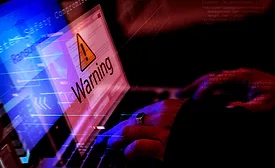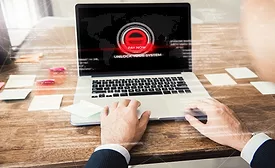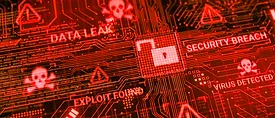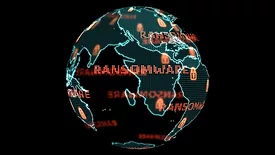Home » ransomware
Articles Tagged with ''ransomware''
BlackMatter's ransomware attack on NEW Cooperative may impact food supply chain
BlackMatter is demanding a $5.9 million ransom
September 21, 2021
Sign-up to receive top management & result-driven techniques in the industry.
Join over 20,000+ industry leaders who receive our premium content.
SIGN UP TODAY!Copyright ©2026. All Rights Reserved BNP Media.
Design, CMS, Hosting & Web Development :: ePublishing










